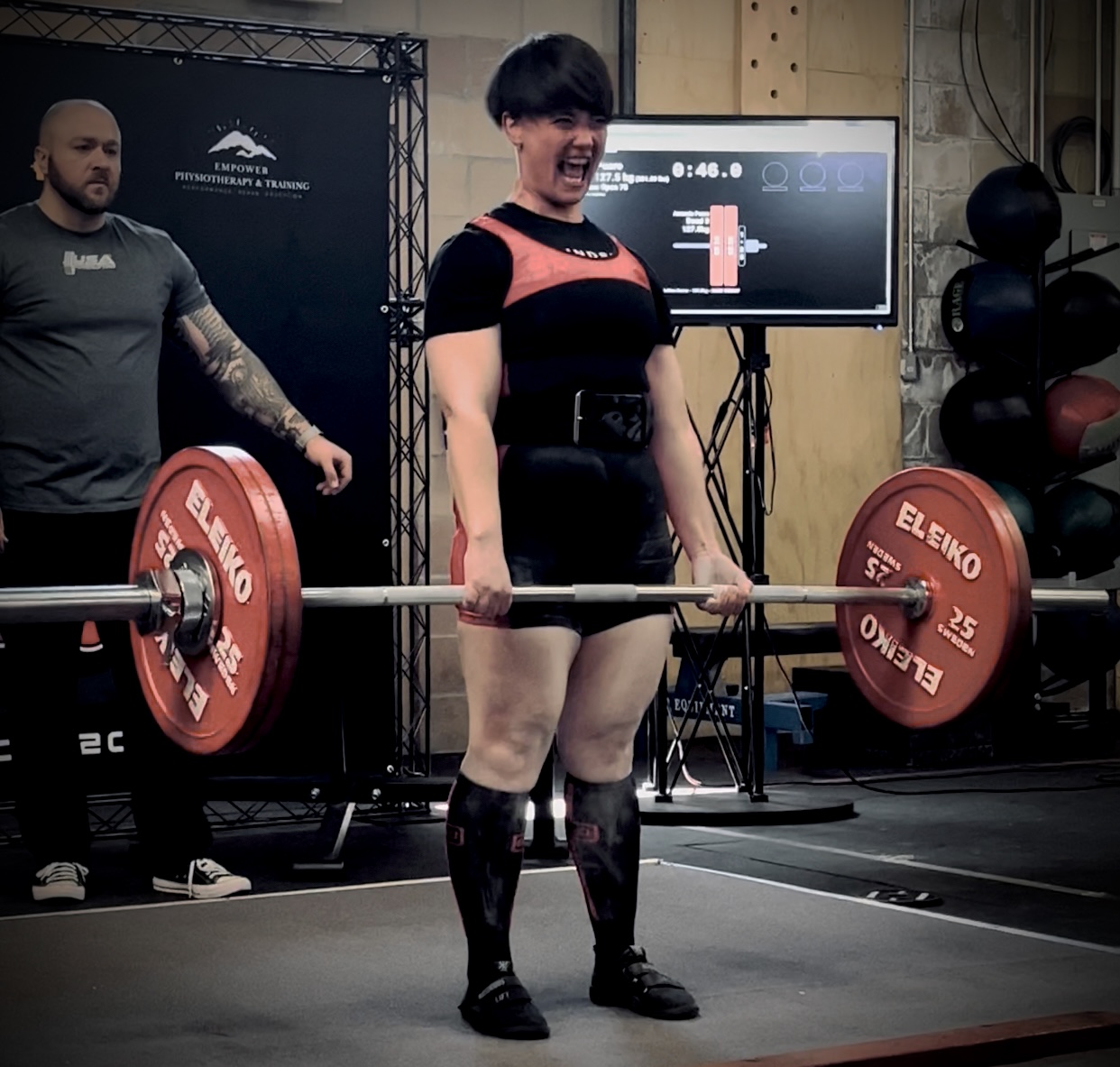How Olympic Weightlifting Supercharges Athletic Performance
- Coach AP
- Jul 25, 2023
- 2 min read
The Olympics has been a celebration of athleticism, strength, and human potential for centuries. Among the myriad sports that make up this grand event, Olympic weightlifting stands out for its incredible display of raw power, technique, and precision. Although weightlifting might seem like a niche sport, its benefits extend well beyond the platform. In this blog post, we explore how Olympic weightlifting can significantly improve performance in other sports, making it a valuable training tool for athletes of all disciplines.
Enhanced Explosive Power:
Olympic weightlifting is the epitome of explosive power development. Athletes who engage in this sport train to lift maximum loads in the snatch and clean and jerk lifts. These movements require rapid and forceful extension of the hips, knees, and ankles, translating to a tremendous boost in explosive power. This newfound power is highly transferable to sports like basketball, football, soccer, and tennis, where quick bursts of energy can be the difference between success and defeat.
Improved Speed and Agility:
The combination of explosive power and dynamic movement in Olympic weightlifting helps athletes develop their speed and agility. The rapid transitions from the squat to the overhead position and vice versa require impeccable coordination and balance. Such skills are invaluable for athletes in sports like track and field, rugby, martial arts, and even in everyday activities like sprinting and dodging obstacles.
Strengthened Core and Stabilizer Muscles:
Olympic weightlifting places tremendous demands on the core muscles and stabilizer muscles throughout the body. As athletes learn to maintain proper form during complex lifts, they strengthen their core, lower back, and other supporting muscles. This enhanced stability carries over to sports like martial arts, golf, gymnastics, and any activity that requires a strong and controlled posture.
Injury Prevention and Resilience:
Weightlifting involves more than just building muscle and strength; it also reinforces tendons, ligaments, and bones. When performed correctly, it can improve joint stability and flexibility, leading to a reduced risk of injuries in various sports. Additionally, weightlifting trains the body to absorb impact effectively, which is crucial for athletes in sports with high-impact elements, such as football, rugby, and snowboarding.
Mental Fortitude and Focus:
Olympic weightlifting demands intense concentration and unwavering mental focus. Athletes must summon their courage to tackle heavy weights while maintaining precise technique. This mental fortitude translates into other sports, helping athletes stay composed under pressure and improve their performance during critical moments.
Cross-Training and Active Recovery:
Olympic weightlifting can be an excellent form of cross-training for athletes during their off-season or during injury rehabilitation. Engaging in a different sport can give overworked muscles a break while still improving strength and conditioning. Moreover, weightlifting can help address muscular imbalances that may arise from the repetitive motions common in certain sports.
Olympic weightlifting isn't just a sport confined to the grand stages of the Olympics; it's a powerful tool that can elevate performance in other sports across the board. From explosive power and speed to injury prevention and mental focus, weightlifting offers a holistic approach to athletic development. Whether you're a professional athlete or a recreational sports enthusiast, incorporating Olympic weightlifting into your training regimen can lead to remarkable improvements in your performance and overall well-being. So, let the barbell lift your potential, and witness how the benefits transcend the platform and enrich your journey in any sport you pursue.


Comments